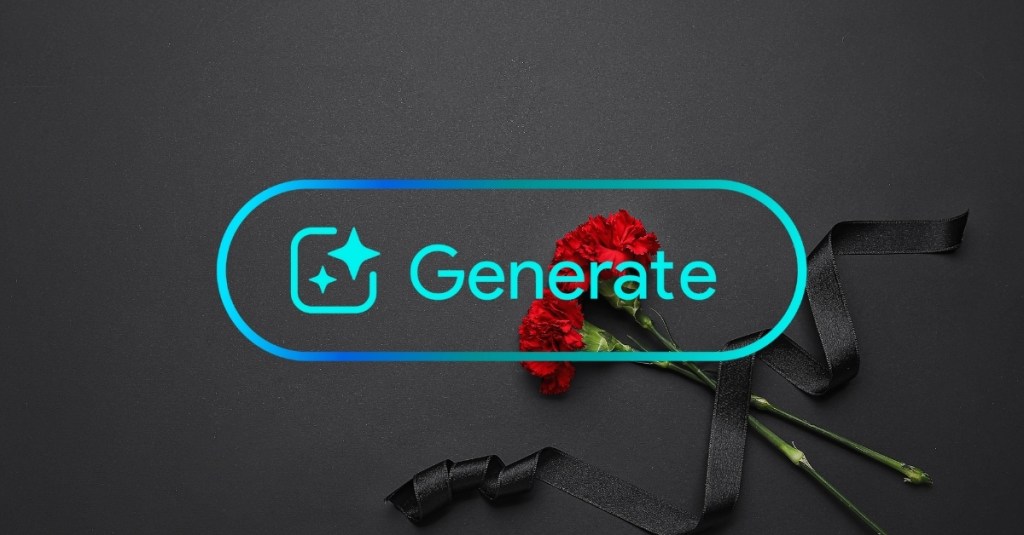
UPDATE: As of October 2023, the demand for AI-generated obituaries is surging, with funeral homes and grieving families increasingly turning to tools like ChatGPT to craft these personal tributes. This rise in AI usage reflects a growing trend where individuals seek to alleviate the emotional burden of writing obituaries during painful times.
The phenomenon is reshaping how people commemorate their loved ones. Jeff Fargo, a 55-year-old man who recently used ChatGPT to write an obituary for his mother, shared his experience with the Washington Post. “I just … emptied my soul into the prompt,” he stated, highlighting the emotional struggle many face when tasked with summing up a life in words.
AI startups like CelebrateAlly and tools such as Nemu are rapidly entering the space, suggesting that the business of AI-assisted obituaries is not just a fleeting trend but a booming market. Funeral directors are now routinely asking families if they would prefer an AI-generated obituary, a shift that raises questions about the personal nature of grief and remembrance.
Critics argue that outsourcing this deeply personal task may strip away the human element essential to the grieving process. Writing an obituary traditionally serves as a cathartic experience, allowing individuals to confront their emotions and reflect on their loved ones’ lives. By delegating this responsibility to an AI, are people opting out of a crucial part of healing?
Fargo’s experience reveals a complex relationship with technology. He plans to utilize OpenAI’s “Deep Research Mode” for his father’s future obituary, expressing confidence in the results. “It’s gonna be a banger,” he remarked, treating the creation of a tribute with the same casualness as discussing an upcoming event. This mindset underscores a growing acceptance of AI in areas previously considered sacred.
While some see the convenience of AI as beneficial, others worry that it diminishes the depth of emotional expression. Writing by hand or even typing one’s thoughts can aid in processing grief, allowing for a more personal connection to the memories being honored. As people turn to technology for ease, the emotional ramifications of such choices remain a topic of debate.
The AI obituary trend is indicative of broader societal shifts towards convenience and efficiency, often at the expense of emotional engagement. Critics note that while technology can facilitate, it may also distance individuals from the rawness of their feelings.
As this trend continues to unfold, observers are left to ponder its implications. Will the human touch be sacrificed for the sake of speed and simplicity? Or will this technological advancement create new avenues for expression? For families navigating the complexities of loss, the answers may not be straightforward.
As the AI obituary business flourishes, the emotional landscape of mourning is evolving. Families and funeral homes must now consider the balance between utilizing technology and preserving the deeply personal nature of remembrance. The conversation around AI-generated obituaries is just beginning, with many eager to see how this trend affects the future of grieving.
Stay tuned for more updates on this developing story as the intersection of technology and emotion continues to capture public interest.





